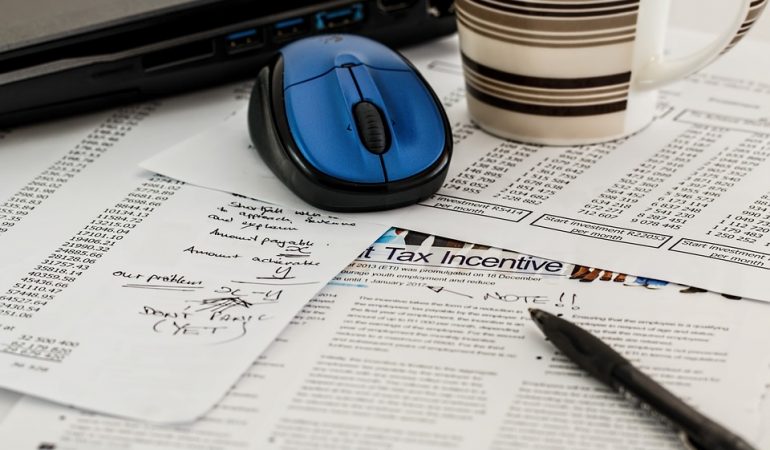What to Expect in the latest buy-to-let tax changes: 3 Steps to Take to Cut Down Your Bill
Few months ago, the latest changes in the taxation of buy-to-let properties kicked off, and many landlords are yet to find their bearing around the developments. For instance, what does it mean? How do the tax changes impact your current investments, and how can you beat them?
In summary, what most people know is that the new tax laws mean landlords will pay more. So what are the details? If you are just hearing it for the first time, here’s simply what to expect:
New changes in buy-to-let tax laws
Taxpayers in the higher-rate bracket will no longer be able to balance all their mortgage interest against rental proceeds before evaluating their due tax. This will automatically increase tax bills whether investors’ income increases or not.
The reduction in relief has been introduced and will go on till 2020 when it will be replaced by a 20% tax credit. At the moment, landlords can pay only 75 percent of their mortgage interest alongside profits. By 2018, the figure will drop to 50%, and 25% in 2019. By 2020, the value will be down to zero.
Although the new developments mainly affect those who already pay higher-rate income tax, it will usher into the higher-tax bracket, more basic-rate taxpayers as soon as their rental income is calculated. Other payers will have to forfeit means tested benefits.
How you can beat the tax hikes
The commercial significance of the new tax-hike has been explained in detail by experts. But most currently paying landlords would like to understand how to avoid paying heavily to the tax man. Here are some suggestions:
- Try re-mortgaging
If the landlord of a buy-to-let property is paying 5% on a standard mortgage of £120,000, he might presently be earning a rental income £750/month or £9,000 per annum. Considering certain expenses and agent fees, his actual take-home pay is £612 annual after-tax profit. But with the tax relief reduced to 20%, the profit translates to a loss of £588 annually.
By re-mortgaging at about 3.78% with a 5-year mortgage (fixed-rate) from the bank, he can save up to £1,450 per annum on his interest bill. This turns the initial annual loss bank into a £572 profit.
- Take advantage of your spouse’s personal allowance
Depending on how you make profits, you can give your spouse or civil partner the opportunity to exploit their personal tax allowance. If they are currently not working, simply assign some or all of your rental proceeds to them. This will help reduce the financial load on you alone. By 2020, the PTA will be increased to £12,500, or a tax band of 20%.
- Register a company
The new tax changes affect mainly individual property owners. The Government cut corporation tax to 19% in April this year and 18% by 2020. One way to mitigate your tax bills is to register through a company. This is not difficult and can be done by your solicitor. However, do exercise caution or there could be complications.




